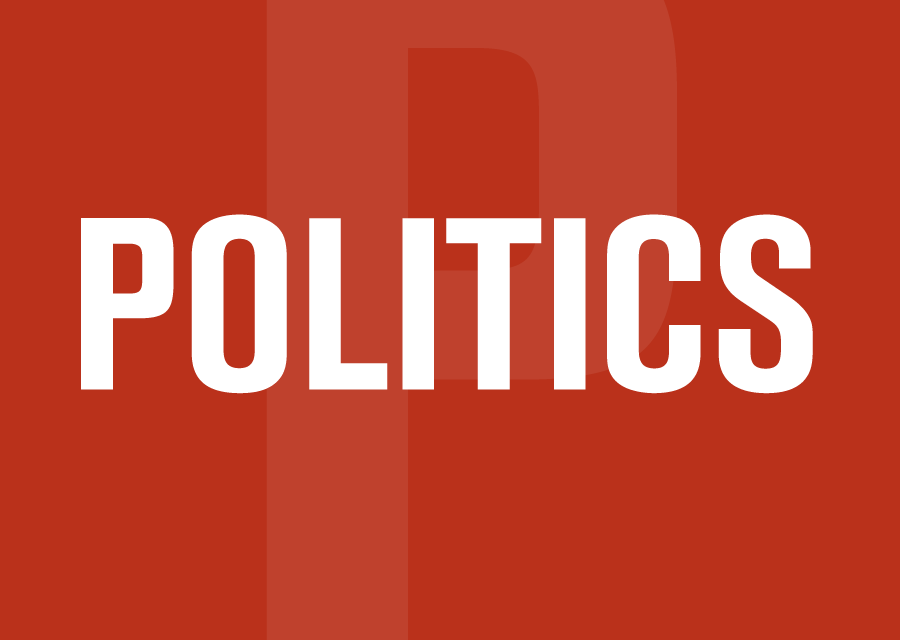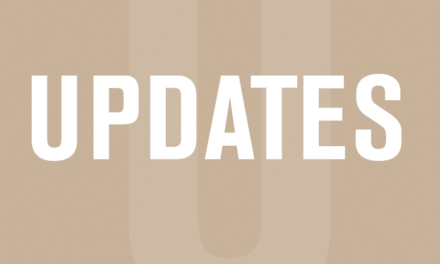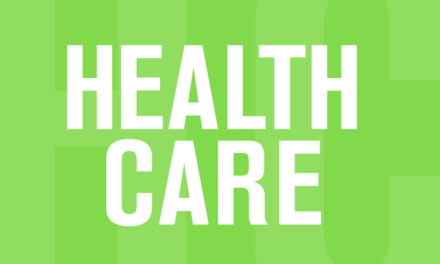For the first time in a while New Brunswick last week reported fewer cases of COVID-19 than in the previous week. The 291 new cases – about twice the number reported by Nova Scotia – brought New Brunswick’s cumulative case numbers to 6,476. That’s a 4.7 percent increase from the previous week and an eye-popping 41.4 percent jump over the last four weeks. Although much of the media’s attention last month was focussed on the pandemic’s impact out west, in October New Brunswick had by far the largest increase in cumulative cases of any province.
Increase in cumulative cases by Province Oct.4-Nov. 1 (descending order)
| Province | Increase |
| New Brunswick | 41.40% |
| Saskatchewan | 12.60% |
| Newfoundland & Labrador | 9.62% |
| Nova Scotia | 9.01% |
| British Columbia | 8.75% |
| Alberta | 6.70% |
| Prince Edward Island | 5.63% |
| Manitoba | 4.50% |
| Quebec | 3.42% |
| Ontario | 2.00% |
Source: Health Infobase (my calculations)
In terms of total cases per population, New Brunswick is still well below the national average, but at 828 cases per 100,000, the province has moved ahead of Nova Scotia and now has the highest case rate in Atlantic Canada.
As discussed here COVID numbers in New Brunswick started to rise after the Blaine Higgs government made the ill-advised decision to lift all public health restrictions at the end of July. This was a reversal of the earlier policy – similar to Nova Scotia’s – of maintaining restrictions until 75 percent of the population was vaccinated. New Brunswick was well short of that threshold when the flip-flop was announced. (New Brunswick just recently passed that vaccination threshold and stood at 75.04 per cent fully vaccinated on Nov.1).
In the three month period since the two provinces went their separate ways, the numbers tell the story.
Change in COVID-19 cases and deaths July 30-Nov.1
| Province | Cases July | Cases Nov. | Change | Deaths July | Deaths Nov. | Change |
| New Brunswick | 2,365 | 6,476 | 173.8% | 46 | 117 | 154.3% |
| Nova Scotia | 5,887 | 7,413 | 25.9% | 93 | 101 | 8.6% |
Source: Health Infobase (my calculations)
As the table shows, at nearly 175 percent, the increase in cases in New Brunswick was almost seven times faster than Nova Scotia’s experience. And the difference in the increase in deaths was even greater – deaths from COVID-19 in New Brunswick have risen almost 20 times faster than in Nova Scotia over the past three months.
Higgs’ reckless policy reversal was influenced by Jason Kenney’s equally ill-fated move to eliminate public health restrictions in Alberta on July 1, to set the stage for a rip-snorting “Best Summer Ever.” But if he had looked closely back in July, Higgs may have noticed that Jason Kenney’s “open-for-summer” gamble was already failing by the time he moved to imitate it.
During the last week of July, between New Brunswick’s opening up announcement and its effective date, active cases in Alberta more than doubled. But if Higgs knew that, it was ignored. Dressed in his jeans and sneakers, the dour former Irving-exec danced a little jig in front of the cameras to celebrate that, as promised, public health restrictions would end just in time for the mid-summer long weekend.
By following the lead of right-wing Prairie governments Higgs has damaged both the health and well-being of New Brunswickers and his own political standing as measured the Angus Reid Institute (ARI). The Institute’s quarterly “Premiers’ approval ratings” were published in mid-October, just as New Brunswick’s pandemic death toll was beginning to surge. Approval ratings for most premiers were down, but Higgs’ drop was the second steepest, 17 percentage points, just behind Scott Moe of Saskatchewan.
Jason Kenney, already flailing before his COVID mis-step, was down nine points from the June rating, bringing up the rear at 22 percent.Higgs could be competing with Kenney for the basement if he’s still around when the next set of ratings come out.
Kenney has acknowledged he was overly optimistic when he lifted restrictions in advance of what he vainly hoped would be the “Best Summer Ever.” But Higgs hasn’t even conceded that much, assigning any fault to the information he received. “I would still do the same thing,” he told a CBC interviewer last month. “”I would make the same decision based on the same information.”
Now a new potential scapegoat has emerged. The strike by members of the Canadian Union of Public Employees that started last week affects vaccination clinics and an already flaccid testing regime, providing the New Brunswick Premier another opportunity to blame someone else.






Thanks so much for this very informative comparison. The numbers are. helpful although I would have made more sense of them if I had been reminded of the population of NB and NS. I am hoping that NS’s conservative premier is sufficiently progressive to keep listening to Dr. Strang. This quiet voice of compassion, justice and reason could usefully be guiding all premiers in Canada and the federal cabinet as well.